Senator Tim Lombard, along with the chair of the Oireachtais committee on Agriculture, Jackie Cahill TD, are arranging a meeting with the EU Commission seeking to reduce the tariffs on fertiliser imported into the EU.
Speaking at a meeting organised by Carrigaline IFA last night, the Fine Gael senator said they would be "highlighting to the commission next week that they need to reduce the tariff on fertiliser coming into the EU. The knock-on effects if we don’t will mean a reduction in food production across the EU and in particular how we control our cost of food."
Concerns around fertiliser availability and price are the single biggest issue at farm gate level at the moment. The senator said the concern was more immediate than the big three policy items of CAP, climate action and nitrates.
"I met a senior member of the fertiliser importers into Ireland and he explained the scenario to me quite clearly, that with the cost of fertiliser so high, he wasn’t going to put his neck on the line and purchase a boat load of fertiliser until he could make sure it could be paid for. With the price so high at the moment, he wasn’t willing to do that," Lombard said.
"The biggest issue was supply, not price. His fear was that there wouldn’t be enough fertiliser in Ireland for the month of March. Off the back of that, I wrote to the agricultural committee and asked that we engage with the Commission, in particular about the tariff that pertains to fertiliser coming into the EU. We discussed it at committee level and we are in the process of arranging a meeting to deal with the tariff."
Having previously spoken to co-ops and merchants regarding the financing of 2022 fertiliser, he said they had concerns regarding the level of liability they would have to carry as a result of high prices.
"They’re saying that farmers need to come up with a model where they either pay for the fertiliser in full or part payment. That would put the farming model of how we pay under severe pressure.
"The majority of fertiliser is usually paid for in May, June and July. If we have to pay up front for product that is going to be two or three times the price, we have a huge issue with credit. Talking with farmers, they are genuinely nervous on how they can finance it. We need the banks to step in become part of the solution," Lombard said.




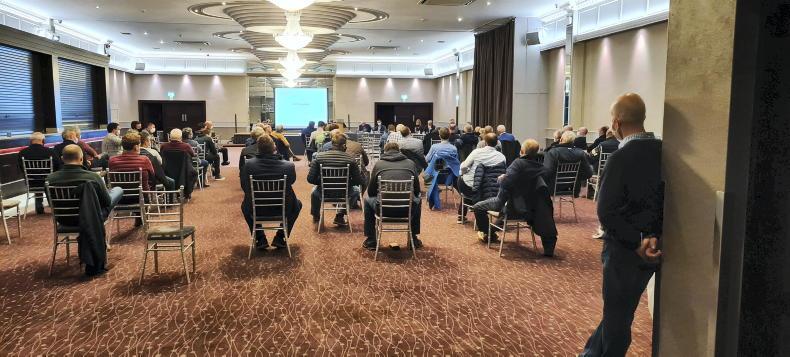

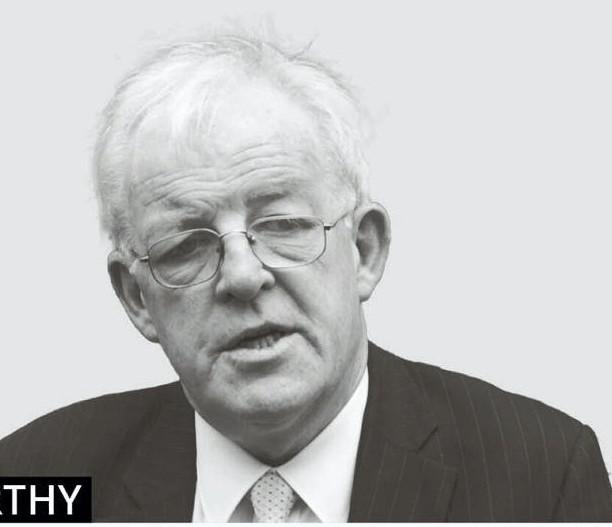

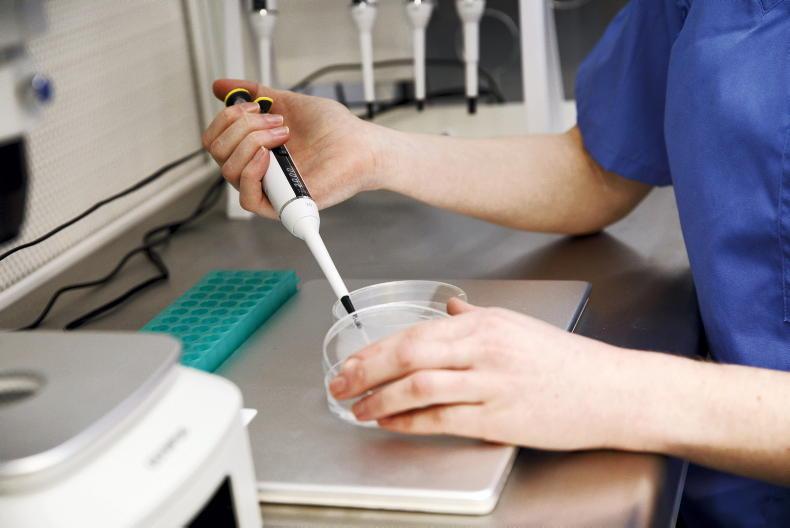
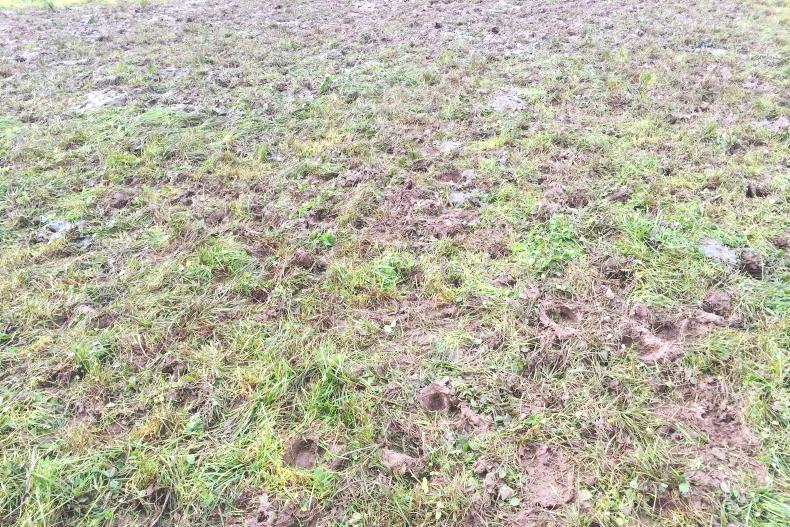
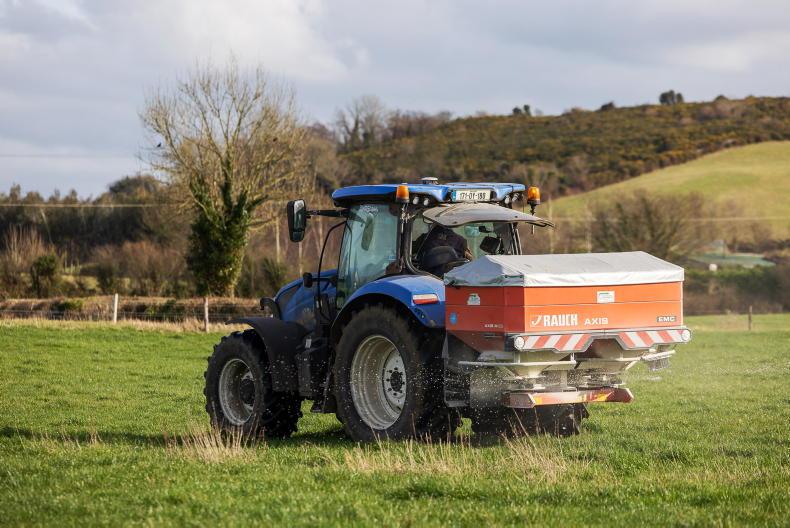
SHARING OPTIONS